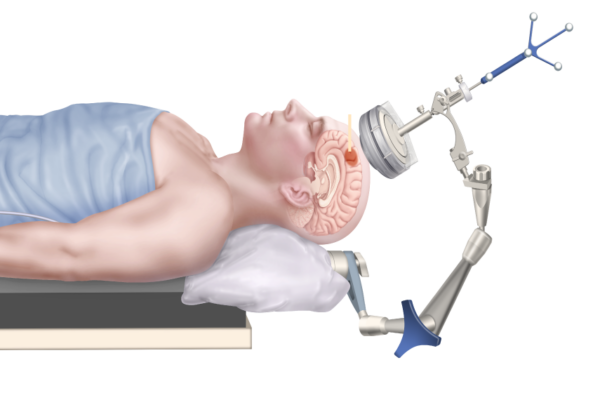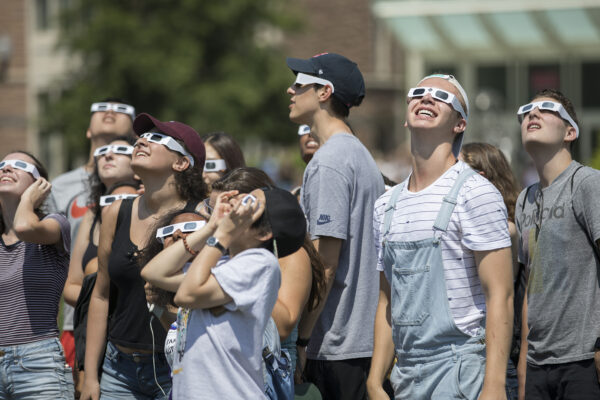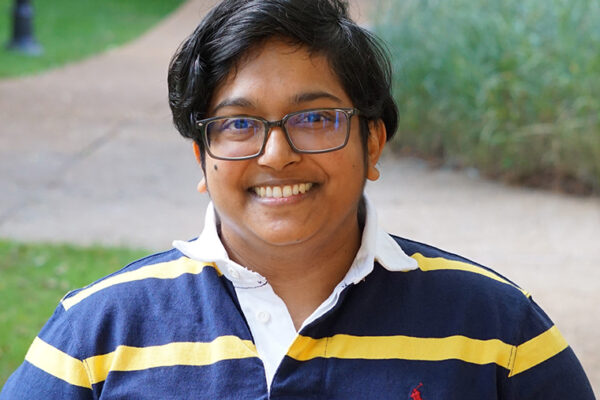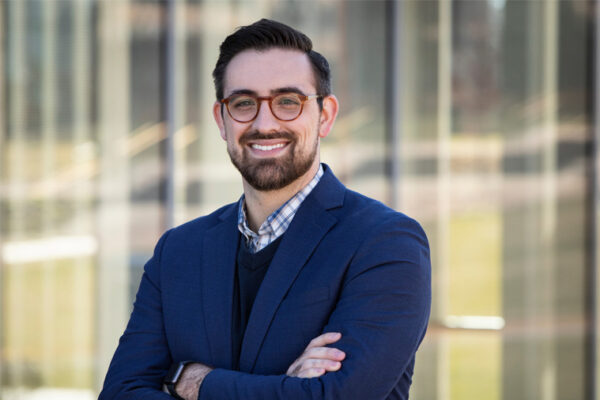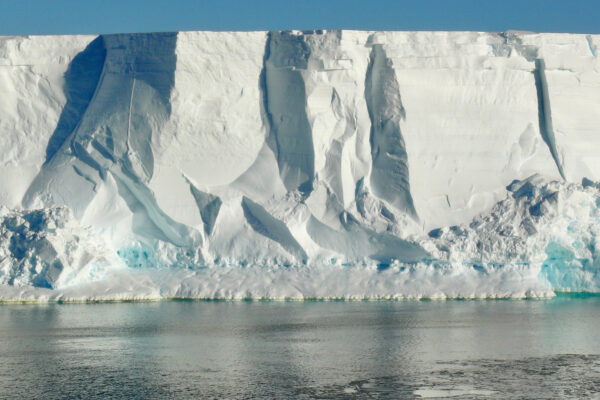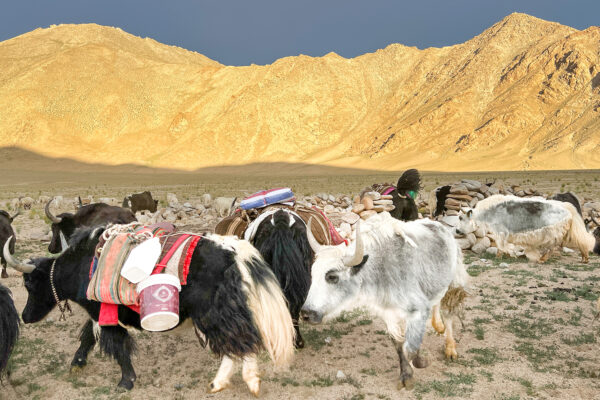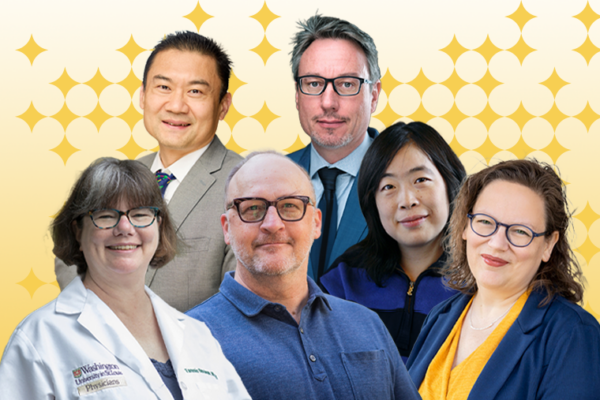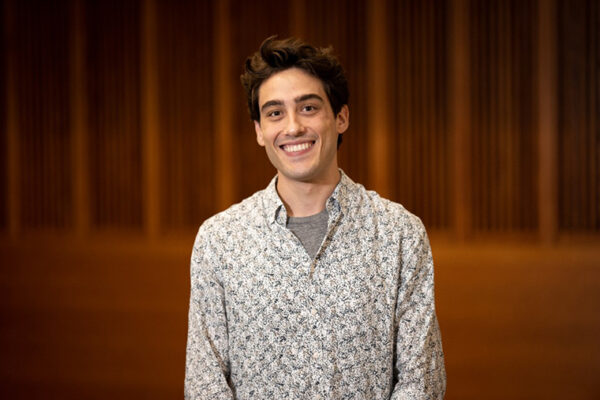McKelvey Engineering offers graduate certificate in financial engineering
Graduate students in the McKelvey School of Engineering at Washington University now can earn a graduate certificate in financial engineering.
Focused ultrasound technique gets quality assurance protocol
Washington University researcher Hong Chen and her team developed a quality assurance protocol to ensure their guided focused ultrasound device and treatment functions safely and consistently.
Media advisory: WashU experts in path of totality on eclipse day
Five planetary scientists from WashU’s McDonnell Center for the Space Sciences are available to speak with reporters from the path of totality for the Monday, April 8, solar eclipse. The scientists will be at Bollinger Mill State Historic Site in southern Missouri, near Cape Girardeau.
Samples offer glimpse of active Earth 2.5 billion years ago
Research led by geochemist Rita Parai in Arts & Sciences offers a glimpse of Earth’s history by tracking infinitesimal levels of noble gases in volcanic rocks. The new study is published in Earth and Planetary Science Letters.
The hidden river
The Mississippi River defines St. Louis, shaping its life and culture. But today, for many St. Louisans, that connection has been broken, says Derek Hoeferlin, chair of landscape architecture in the Sam Fox School of Design & Visual Arts at Washington University in St. Louis.
Bersi receives CAREER award
Matthew Bersi, at the McKelvey School of Engineering, will use pioneering optics-based mechanical testing and imaging techniques to study the aorta with a five-year $575,000 CAREER award from the National Science Foundation.
Largest ice shelf in Antarctica lurches forward once or twice each day
A conveyer belt of ice jostles the entire Ross Ice Shelf out of place at least once daily, according to new research from Washington University in St. Louis.
Movement of crops, animals played key role in domestication
Over the last 15 years, archaeologists have challenged outdated ideas about humans controlling nature. Writing in the Proceedings of the National Academy of Sciences, Xinyi Liu in Arts & Sciences argues for a new conceptual bridge connecting the science of biological domestication to early food globalization.
Seven faculty inducted as AIMBE fellows
Seven Washington University in St. Louis faculty members have been named fellows of the American Institute for Medical and Biological Engineering, joining 23 existing fellows at Washington University.
Michaelides wins NASA fellowship for early-career researchers
A $300,000 award from NASA’s Early Career Investigator Program in Earth Science will allow Roger Michaelides, in Arts & Sciences, to track interactions between permafrost and wildfires in a warming Arctic, work that could shed new light on climate change.
Older Stories

